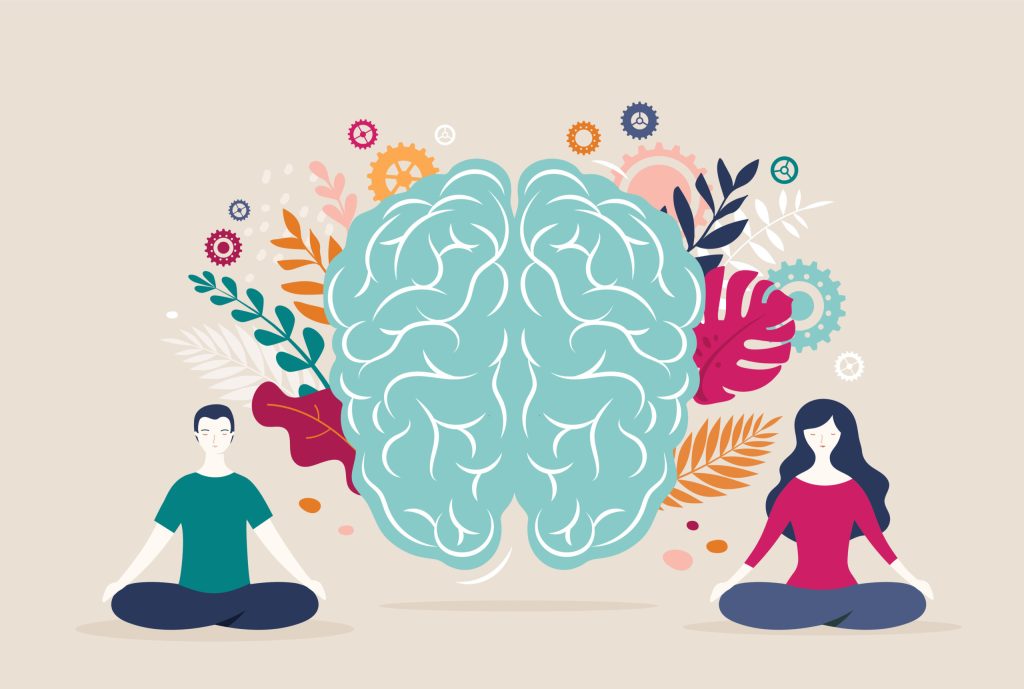In the ever-evolving landscape of healthcare, the strides made in modern mental health services stand out as rays of resilience, breaking ground and transforming the way we approach mental well-being. As societal awareness and understanding of mental health continue to grow, innovative approaches are reshaping the landscape, providing new avenues for support, intervention, and recovery. One of the key pillars of modern mental health services is the emphasis on destigmatization. Breaking free from the shackles of stigma surrounding mental health is crucial for fostering an environment where individuals feel safe seeking help. By creating open dialogues and encouraging discussions, society is dismantling the barriers that have historically kept mental health concerns in the shadows. The narrative is shifting from one of shame to one of empowerment, with individuals increasingly recognizing the importance of prioritizing mental well-being. Technology has emerged as a powerful ally in this mental health revolution. Telehealth services, in particular, have revolutionized accessibility to mental health support. The convenience of virtual sessions has broken down geographical barriers, making mental health services accessible to individuals in remote areas and those with mobility constraints.

The rise of mental health apps further complements traditional therapeutic approaches, providing users with tools for self-reflection, mindfulness, and mood tracking. Technology, once seen as a potential barrier to mental health, has become an enabler, offering diverse solutions that cater to different needs and preferences. Another groundbreaking aspect of modern mental health services is the integration of holistic approaches. Recognizing the intricate connection between mental and physical well-being, contemporary mental health care often involves a multidisciplinary approach. Therapists, psychiatrists, nutritionists, and fitness experts collaborate to address the diverse needs of individuals seeking support. This comprehensive approach acknowledges that mental health is not isolated from other aspects of one’s life and aims to foster a sense of overall well-being. Furthermore, modern mental health services are increasingly emphasizing prevention and early intervention. The focus has shifted from crisis management to proactive measures that identify and address mental health concerns at their inception.
Schools, workplaces, and communities are implementing mental health education programs, equipping individuals with the knowledge and skills to recognize early signs of distress and seek help promptly. By fostering a culture of prevention, society is working towards reducing the prevalence and severity of mental health challenges. The evolution of Lakeview Mental Health services also encompasses a greater understanding of diverse cultural and individual needs. Culturally sensitive approaches recognize that mental health is experienced and expressed differently across various communities. Tailoring interventions to accommodate cultural nuances ensures that mental health services are inclusive and resonate with a wide range of individuals, fostering a sense of belonging and trust. The destigmatization of mental health, the integration of technology, holistic approaches, and a focus on prevention collectively reflect a paradigm shift towards a more compassionate, accessible, and proactive mental health care system. As we continue to break new ground, these rays of resilience pave the way for a future where mental health is prioritized, understood, and supported with the depth and nuance it deserves.